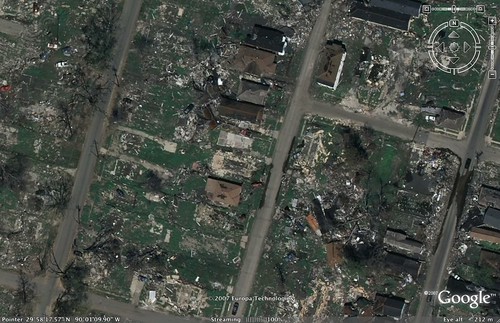What is worth paying for?
 In the world of an information economy, information is effectively free. This, of course, has broad implications for anyone generating intellectual property, such as writers, musicians, and media makers.
In the world of an information economy, information is effectively free. This, of course, has broad implications for anyone generating intellectual property, such as writers, musicians, and media makers.
Effectively free means this: it is possible to mass produce and mass distribute information at near zero cost, laws and artificial scarcity notwithstanding. If you create a piece of music and record it, once the music is in an MP3 file, the distribution cost is near zero.
If you write a book and the book is released digitally in a PDF, the distribution cost is near zero.
Yes, lawyers can serve cease & desist and lawsuits, but once released, the information tends to remain free, if not necessarily in legally approved distribution channels.
In a world where information is effectively free, where does value come from?
Look to Google and Search Engine Optimization for the answer. In the world of SEO, there are catalogs upon catalogs of tricks you can do to achieve higher rankings when someone Googles for a search term related to your site. How does Google value things in a world where information is free?
By measuring things that are not free.
Google values, for example, domain names. A domain name for any kind of sustained campaign costs money. It is not free, and therefore Google assigns it more weight than, say, what you name individual files on your web site.
Google values inbound links from sites not under your control. Why? Because it takes effort and time – of which money is a proxy for – to establish a lot of inbound links. Inbound links from certain top level domains such as .gov and .edu have more value than inbound links from domains such as .com, .net, and .org, because .gov and .edu domain names are restricted, and the content managers of sites bearing those domains tend to be more selective about who they link to.
Google devalues things that are free, easy, things that require little effort and no commitment. Long strings of file names and directory names carry less value these days than in the early days of search engine optimization.
What things in your world are of value that cannot be digitally replicated? For musicians, their core skill is not the music, the data. It’s the ability to create and perform music, and so the digital files, the recordings of the music may be free, but the performance of concerts are not, nor can the live concert experience be replicated. The sale of a CD is almost a souvenir, a proxy for having been at the live concert event.
For artists, a digital photo can be replicated, but a personalized, autographed print cannot be, at least not easily, quickly, or cheaply.
For people in new media, while the creation of media itself is easily replicated, the community cannot be, as recently discussed in the sale of Rocketboom founder Andrew Baron’s Twitter account. Community and word of mouth are fundamentally built on trust, which is a non-tangible, non-replicable resource. That’s why, as technology and information continue to blossom, things built on assets that are not free, easy, or fast will continue to grow in value – trust, sincerity, honesty, authenticity, experience, emotion.
This is why conferences are so expensive – you can’t replicate face time with digital intermediation. Even with video chat, you’re still not getting the full experience.
If you’re trying to figure out whether a new media outlet, deal, opportunity, or platform is worth your time, effort, and money, evaluate its value based on things you can’t digitally reproduce. You will quickly find what’s worth paying for.





